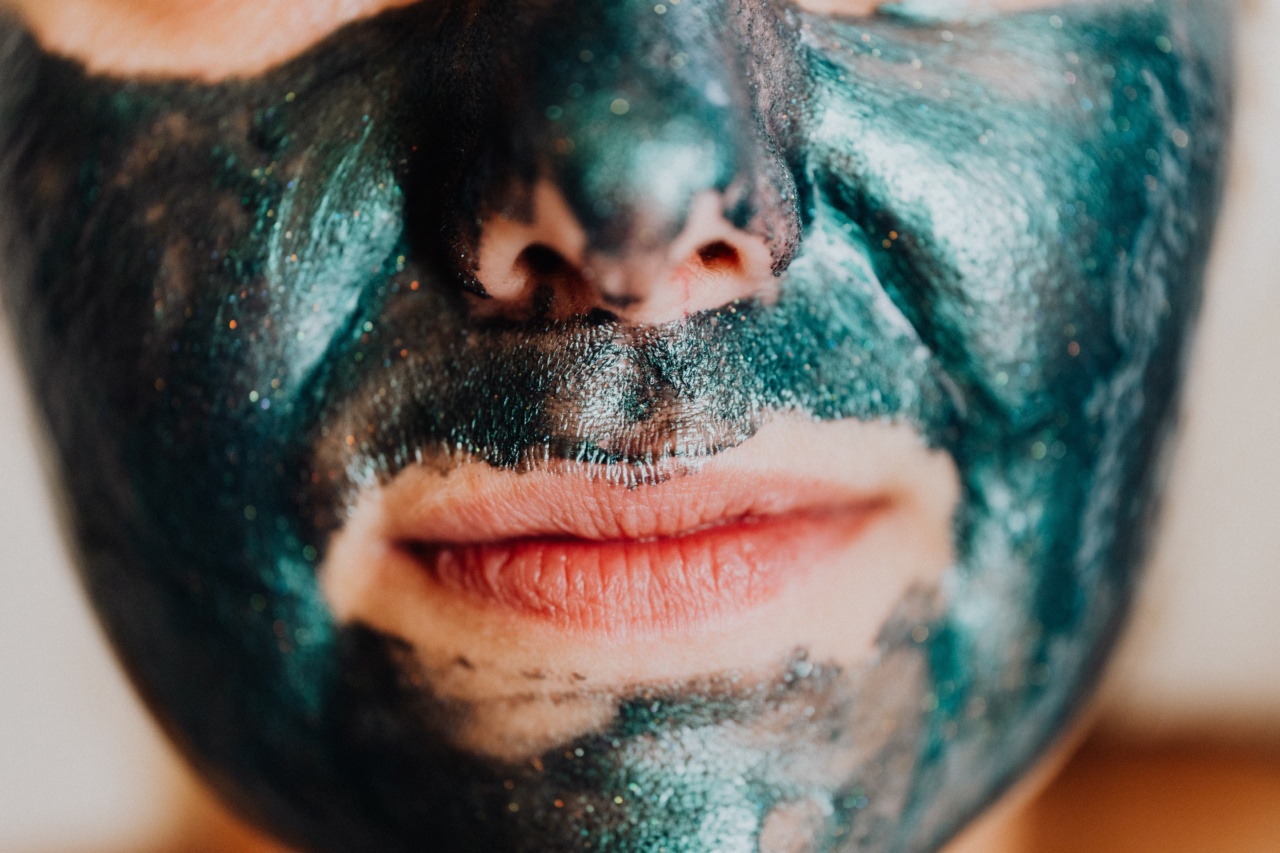Getting a good night’s sleep is crucial for overall health and well-being. Sleep is the time when our bodies rejuvenate and repair themselves, including our skin.
On the other hand, insufficient sleep or insomnia can have detrimental effects on our skin health, leading to premature aging and skin problems.
What is Insomnia?
Insomnia is a sleep disorder characterized by difficulty falling or staying asleep. It can be chronic or short-term, and it affects millions of people worldwide.
Insomnia can be caused by various factors, including stress, anxiety, medical conditions, medications, or poor sleep habits.
The Role of Sleep in Skin Health
Sleep plays a vital role in maintaining the health and appearance of our skin. During sleep, our body produces and releases certain hormones and compounds that are essential for skin regeneration and repair.
Lack of sleep disrupts these processes, leading to various skin issues.
Circadian Rhythm and Melatonin
Our body follows a natural sleep-wake cycle known as the circadian rhythm. This internal clock regulates when we feel awake or sleepy.
Disruptions in the circadian rhythm, such as those caused by insomnia, can disrupt the production of melatonin, a hormone that helps promote sleep.
Melatonin also has powerful antioxidant properties, protecting our skin from damage caused by free radicals. Free radicals are unstable molecules that can damage cells and accelerate the aging process.
When we don’t get enough sleep, the production of melatonin decreases, leaving our skin more vulnerable to oxidative stress.
Collagen and Elastin Production
Collagen and elastin are proteins responsible for maintaining the structure and elasticity of our skin. Sleep deprivation can interfere with the production of these proteins.
When we sleep, our body activates certain genes responsible for collagen and elastin synthesis. Lack of sleep suppresses these genes, leading to a decrease in collagen and elastin production.
As a result, our skin becomes less firm and elastic, leading to the formation of wrinkles and fine lines. Chronic sleep deprivation can accelerate the breakdown of collagen and elastin, making the signs of aging more noticeable.
Increased Inflammation
Lack of sleep can also lead to increased inflammation in the body, including the skin. Sleep deprivation triggers the release of inflammatory molecules, causing redness, puffiness, and an overall dull appearance of the skin.
Prolonged inflammation can also worsen certain skin conditions, such as acne, eczema, and psoriasis. Additionally, inflammation disrupts the natural healing process of the skin, making it harder for any existing skin issues to resolve.
Stress and Cortisol Levels
Insomnia or poor-quality sleep can significantly contribute to increased stress levels. High levels of stress trigger the release of cortisol, a stress hormone that can negatively impact our skin.
Increased cortisol levels can disrupt the production of collagen and elastin, leading to skin thinning and a weakened skin barrier.
Cortisol can also increase sebum production, leading to oily or acne-prone skin. Additionally, stress-related behaviors, such as rubbing or picking at the skin, can further aggravate existing skin conditions and lead to inflammation and scarring.
Impact on Skin Appearance
Insomnia and sleep deprivation can have visible effects on our skin’s appearance. Lack of sleep can lead to the formation of dark circles under the eyes, puffiness, and a dull complexion.
These visible signs can make us appear older than we are and affect our self-confidence.
Chronic sleep deprivation can exacerbate existing skin conditions, such as acne or eczema, making them more difficult to manage and treat. It can also contribute to the development of fine lines, wrinkles, and sagging skin.
Tips for Improving Sleep and Skin Health
Fortunately, there are steps you can take to improve your sleep and promote better skin health:.
1. Establish a consistent sleep schedule and stick to it, even on weekends. This helps regulate your body’s internal clock.
2. Create a relaxing bedtime routine to signal to your body that it’s time to sleep. This can include activities like reading, taking a warm bath, or practicing mindfulness techniques.
3. Ensure your sleep environment is optimal for restful sleep. Keep your bedroom cool, dark, and quiet. Invest in a comfortable mattress and pillows.
4. Avoid stimulating activities or screens close to bedtime. The blue light emitted by electronic devices can disrupt melatonin production.
5. Limit your caffeine and alcohol intake, especially in the afternoon and evening. These substances can interfere with sleep quality.
6. Incorporate relaxation exercises, such as deep breathing or yoga, into your daily routine to reduce stress levels.
7. Follow a healthy skincare routine that includes gentle cleansing, moisturizing, and sun protection. These simple steps can help maintain and improve the overall health of your skin.
Conclusion
Sleep is not just important for feeling rested; it is also crucial for maintaining healthy, youthful-looking skin.
Insomnia and inadequate sleep can disrupt essential processes that promote skin regeneration, collagen production, and protection against oxidative stress and inflammation. By prioritizing good sleep habits and taking care of your skin, you can help prevent premature aging and promote a radiant complexion.































